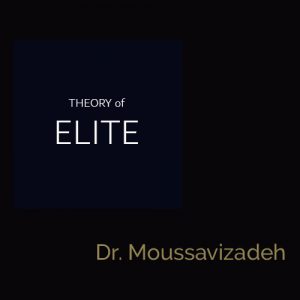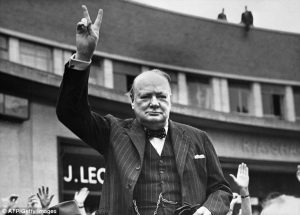Power, and Elite Theories
Conclusion
During the courses of this study various methods of organizing power and control most effectively in society were examined.
The inquiry began by defining the state because is not ‘naturally cohesive and therefore the state (political authority) is in a position to secure 1aw and order in the society. Then we moved on to see how individuals in society are inextricably bound up with the state institutions as a result of an effective bureaucratic organization which is a first step towards control. Persuasion and education are additional forms of control which underwent our analysis. Furthermore, attention was given to the subject of control by force. Having explained various ways of organizing control in society, examination was made of institutions which decide how the society should be governed that is to say governmental power structure. In that chapter we learnt that power has a decision-making base, because it is the ability to get things done, to make others do what you want – even if they do not want to do it by rewarding and punishing. Therefore, it could be seen that power exists beyond just governmental level and in order to analyses any power relationship it is necessary to look at who has some power, not at who does not have any. We all have some power – the problem is one of degree: who has more power than me and who has most power of all? Thus, the study proceeded to the final point of our concern which was elites. In that section it was pointed out that in any society whether undeveloped or developed there are two groups of people. A group who rules which is the organized minority and the group who is ruled which is the unorganized majority. In modern society, however, due to growing number of large corporations, establishment of trade unions and the development of political parties, the ruling class is from a combination of institutional and class bases.
In the discussion it was noted at different times that in contemporary society without legitimacy no government can survive. The only way that legitimacy can be achieved is through a party system which could be described as democratic elitism for the reasons that we observed. If on the other hand a government intends to use force, it will be a very costly operation which hardly anyone can afford. For example, in the Soviet Union the mass displays a psychological need for guidance and direction with no desire for leadership. Because of this an elite of trained, professional revolutionaries was evolved with a central position in the movement to co-ordinate its activities in order to control the mass. The elite of possibly a mere dozen men headed by Lenin took advantage of such psychological need by breaking down all kinds of horizontal contacts between members of the society and replaced them by vertical contacts between atomized individuals and the elite. This technique is a most expensive one, because it requires a verve large number of agents and equipment’s for control.
Therefore, it could be said that the most efficient method of organizing power and control in. society is democratic elitism which is most importantly the least costly system of control.



